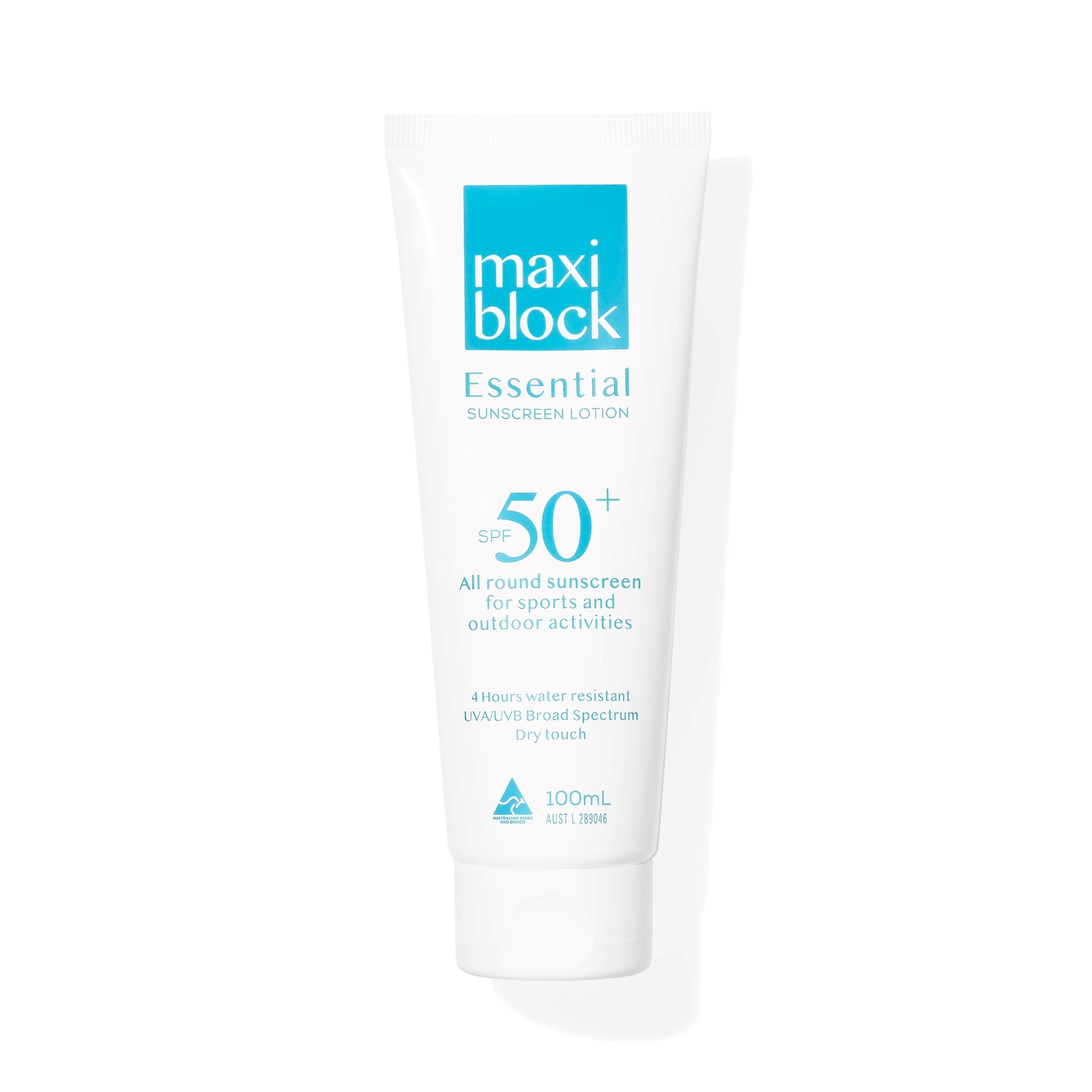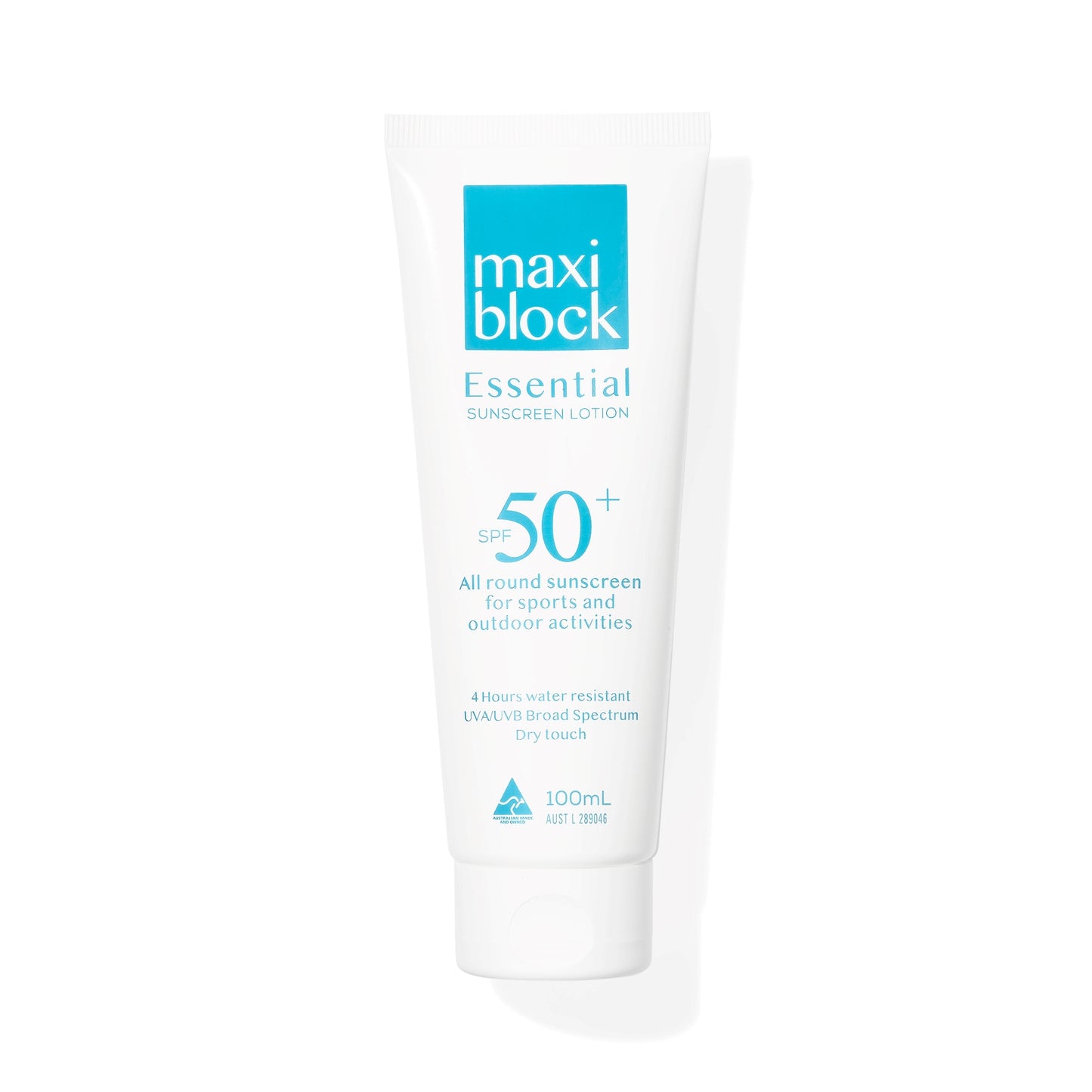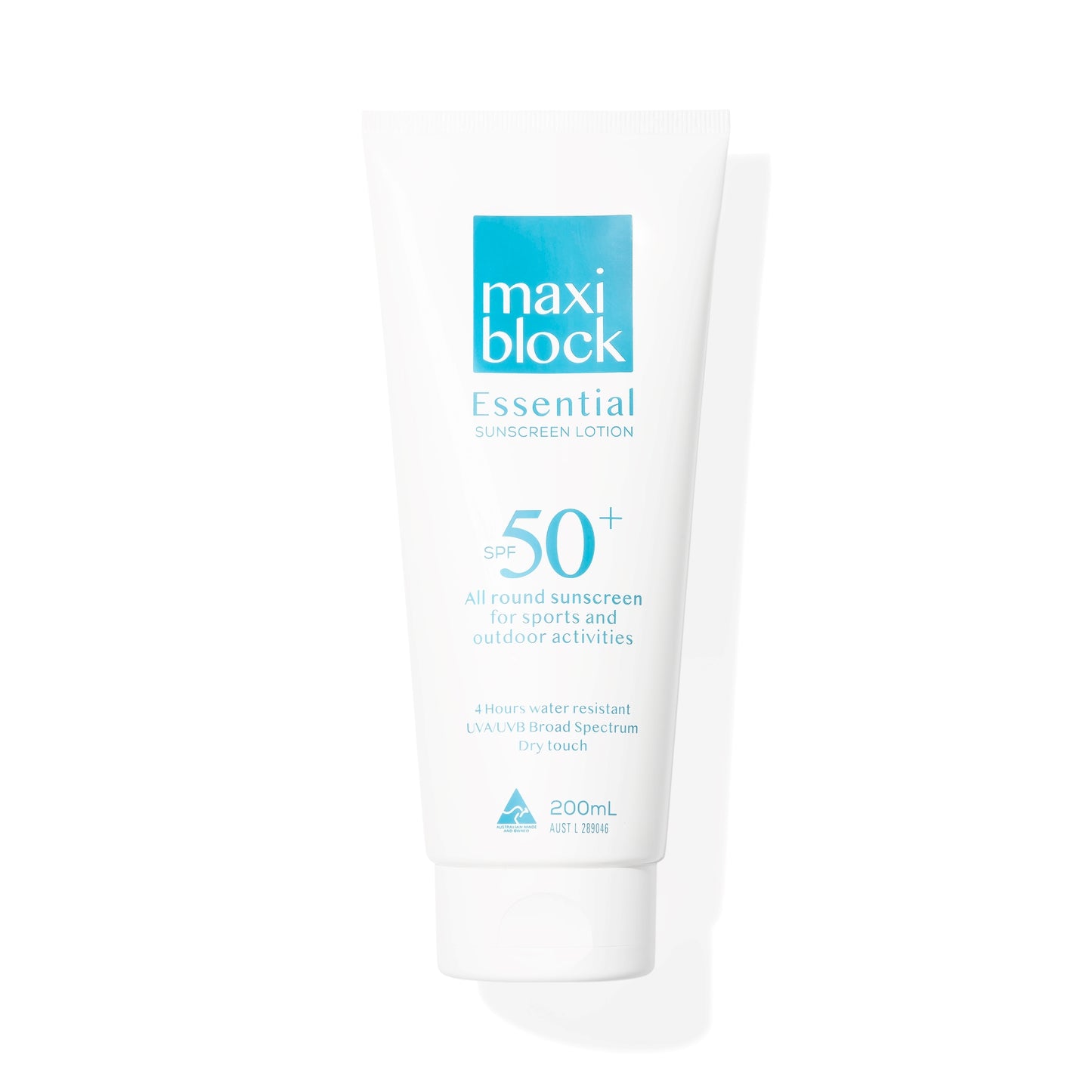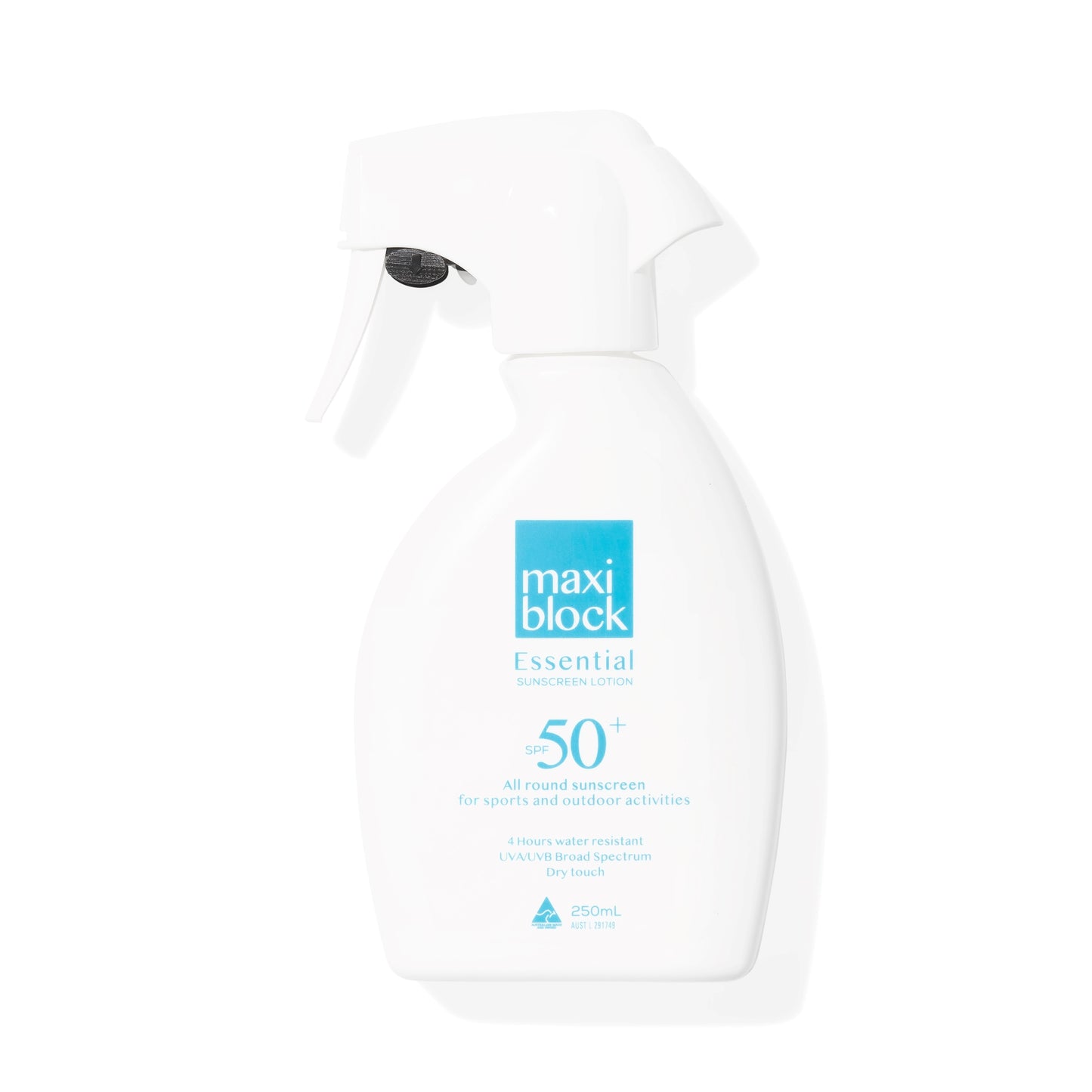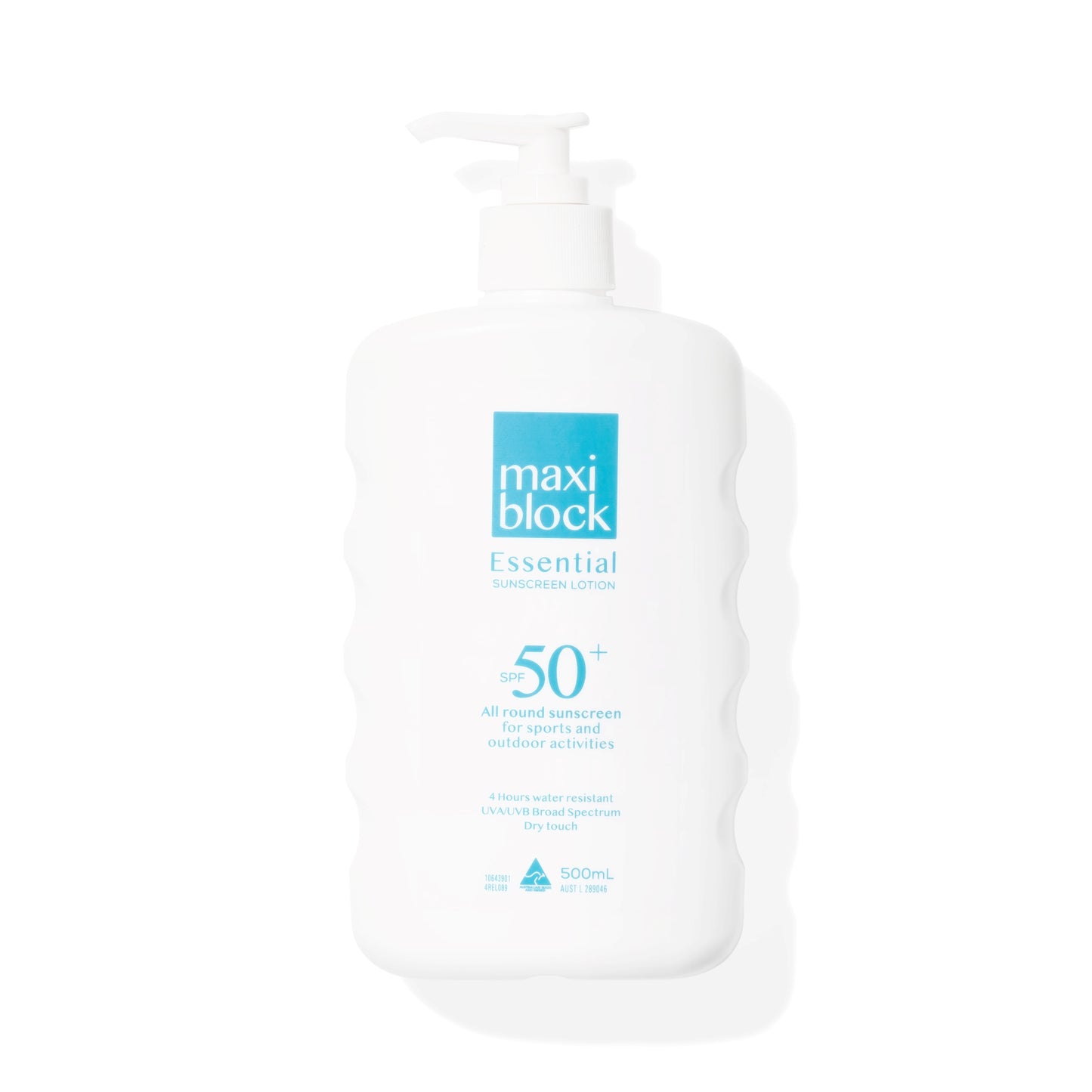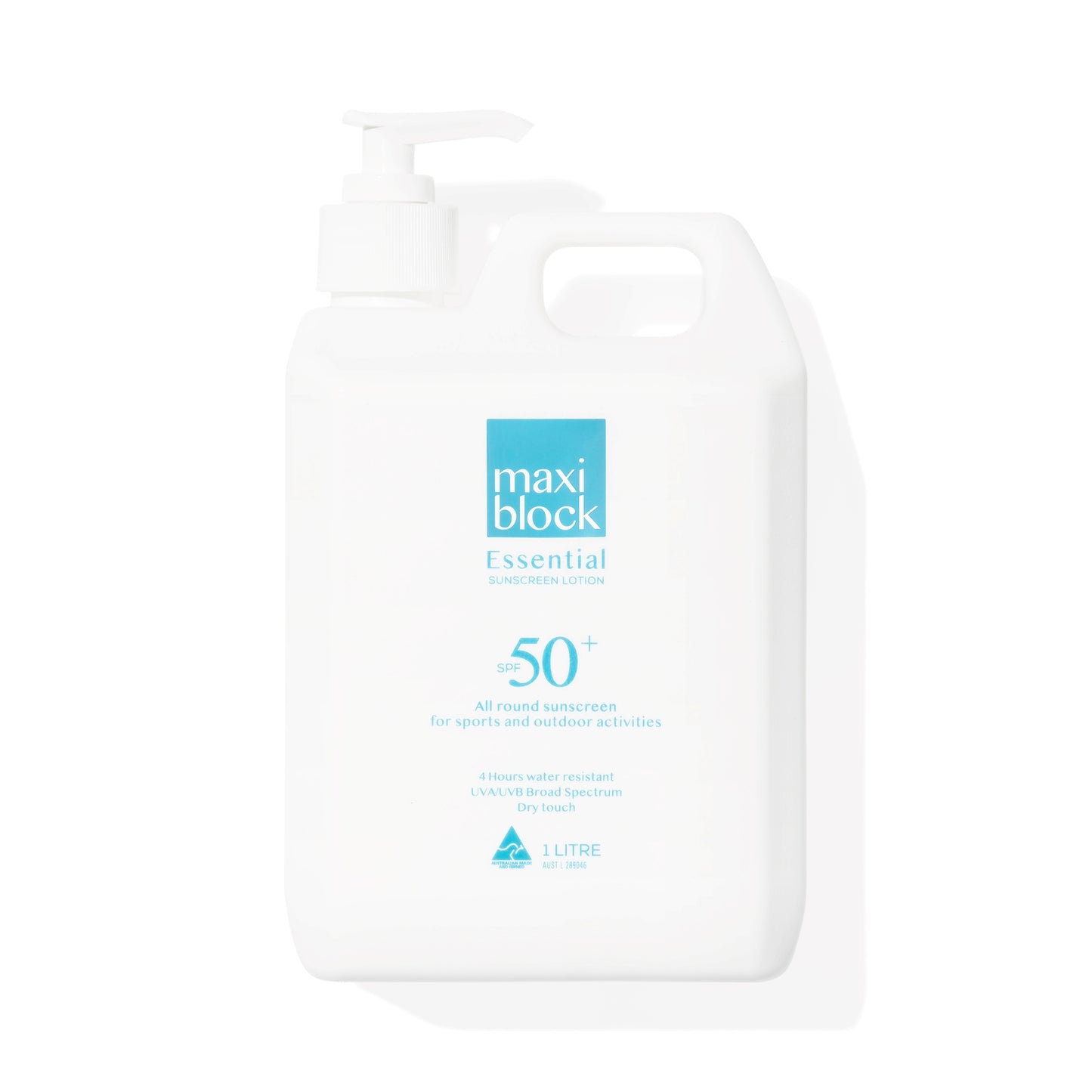Our go-to sunscreen, built for your everyday. Dermatologically tested, it sinks fast for a comfortable feel:
- Non greasy
- Quick dry
- 4h water resistant
Actives: Homosalate 100mg/g, Octocrylene 80mg/g, Ethylhexyl Salicylate 50mg/g, Butyl Methoxydibenzoylmethane 40mg/g.
Inactives: Aqua, Cera Alba, C12-15 Alkyl Benzoate, PEG-15 Cocamine, Silica, Phenoxyethanol, PEG-40 Stearate, Benzyl Alcohol, Hydroxyethylcellulose, Carbomer, Ethylparaben, Methylparaben, Triethanolamine, Aloe Barbadensis Leaf Juice, Tocopheryl Acetate.
Inactives: Aqua, Cera Alba, C12-15 Alkyl Benzoate, PEG-15 Cocamine, Silica, Phenoxyethanol, PEG-40 Stearate, Benzyl Alcohol, Hydroxyethylcellulose, Carbomer, Ethylparaben, Methylparaben, Triethanolamine, Aloe Barbadensis Leaf Juice, Tocopheryl Acetate.
Does sunscreen expire?
Yes, all sunscreens have an expiry date, which you’ll find printed on the packaging. Using an out-of-date product means you aren’t getting the SPF protection you’re relying on.
Is sunscreen bad for you?
No. This is a myth that does more harm than good. The overwhelming scientific and medical evidence shows that the risk from UV radiation is far greater than any risk from sunscreen ingredients.
Can you tan with sunscreen on?
No sunscreen can block 100% of UV rays, so your skin tone may still change slightly. But a tan is a sign of sun damage. The whole point of a good sunscreen is to prevent that damage from happening in the first place.
How long does sunscreen last?
No sunscreen provides all-day protection. It needs to be reapplied every two hours. For water activities, you also need to check its water resistance rating. Many sunscreens wash off quickly, leaving you exposed when you think you’re covered.
Does sunscreen block vitamin D?
While sunscreen can reduce Vitamin D production, most people get enough from the small amount of sun exposure they get on a daily basis, even when wearing sunscreen. For most Australians, the risks associated with sun exposure far outweigh the risk of Vitamin D deficiency. If you have specific concerns, it's always best to chat with your doctor.
How often should you reapply sunscreen?
The rule is to reapply at least every two hours, and more often if you’re swimming, sweating, or towel drying. Let's be honest, the main reason people don't reapply is because layering on thick, sticky sunscreen feels awful. That’s exactly why we made our non greasy sunscreen the way it is.
How to get sunscreen out of clothes?
The best way is to treat the spot with a stain remover before you wash the garment. Those stubborn, yellowish stains are usually caused by the oils in thick, greasy sunscreens transferring from your skin to the fabric.
Does sunscreen cause acne?
It can, especially on the body. Heavy, oily sunscreens can clog pores on your back, chest, and shoulders, leading to breakouts. It’s a common problem that puts a lot of people off using body sunscreen altogether.
